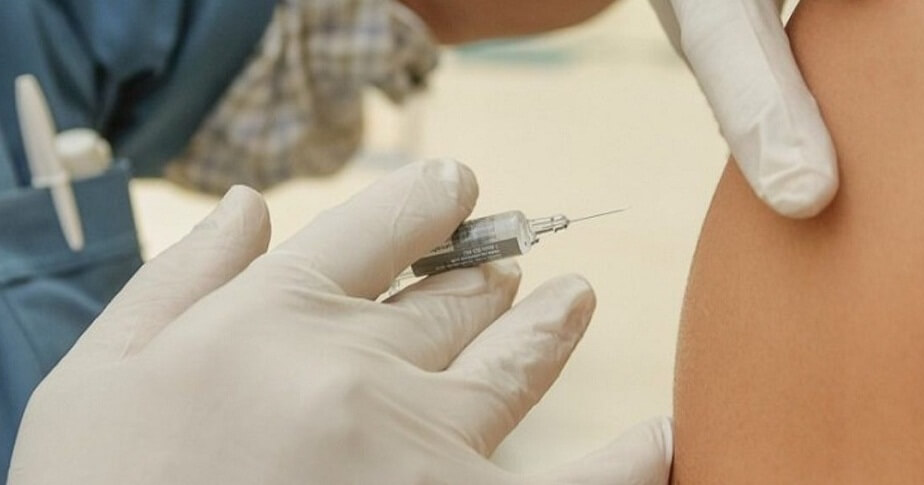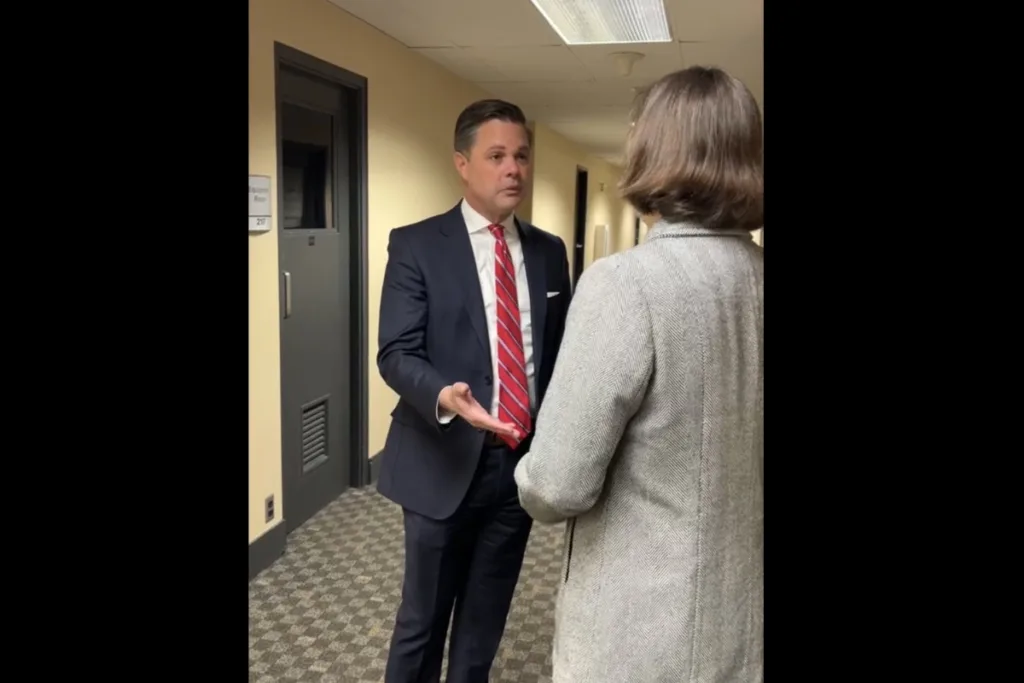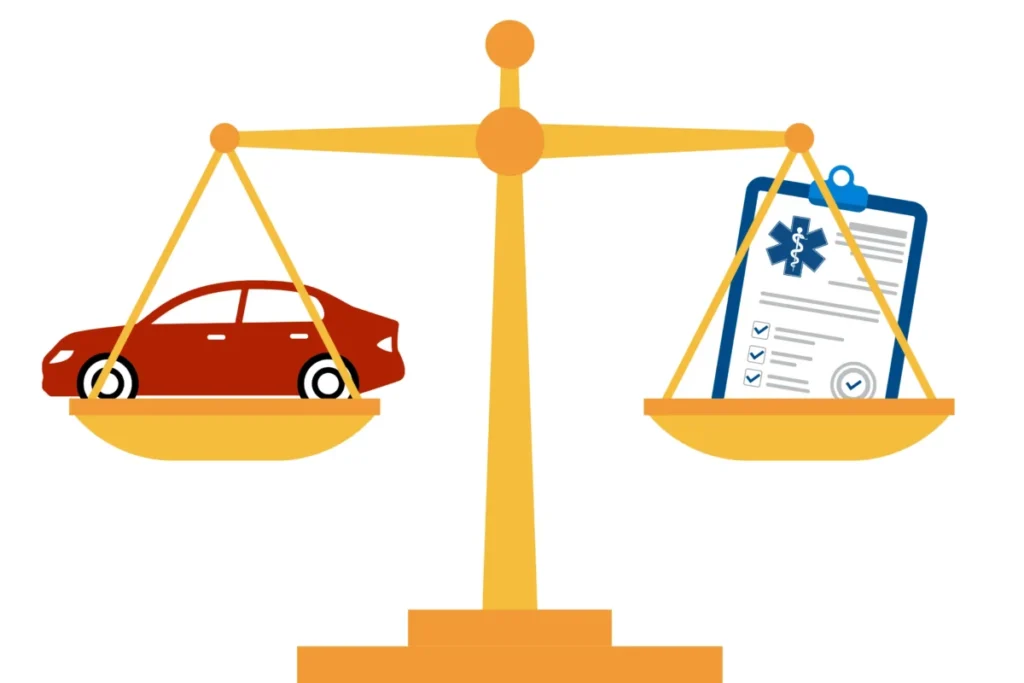Iowa Republican bill would classify all abortions as homicide
Legislators have been happy to prosecute abortion providers in the past. But their new move is to target Iowans who get abortions themselves, classifying the procedure as a homicide. Iowa...










